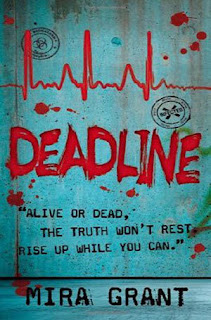 Nerd alert. I love history and I love military history, but my brain always seems to jump from the American Civil War to WWII. I recently read a book about the Napoleonic Wars in Europe (you can read that review here). After reading this book, it seems that Europe was still confused about whether they were fighting the Napoleonic wars in 1915.
Nerd alert. I love history and I love military history, but my brain always seems to jump from the American Civil War to WWII. I recently read a book about the Napoleonic Wars in Europe (you can read that review here). After reading this book, it seems that Europe was still confused about whether they were fighting the Napoleonic wars in 1915. Trench warfare is awful.
Anyway, a lot of the assumptions I had about the Lusitania were wrong. I thought the US went to war right after the Lusitania was sunk. Wrong. I thought the Lusitania was a US ship. Wrong.
So amid all of these wrong facts, I somehow forgot that in May 1915, the Lusitania was filled with people. Mothers, fathers, children, babies, sons, wives, Vanderbilts! And that's all so sad and tragic. Larson really hits home with the descriptions of families trying to stay together as the ship went down. Even though the water was warmer than the Titanic sinking, the speed at which the ship sank, the 55 degree water, and the distance from shore really made surviving difficult for the passengers.
The narration of the audio version was slightly irritating as it was a bit too over dramatic, but all in all I really liked this book and learning more about the events precipitating WWI.
4/5 Stars.



















